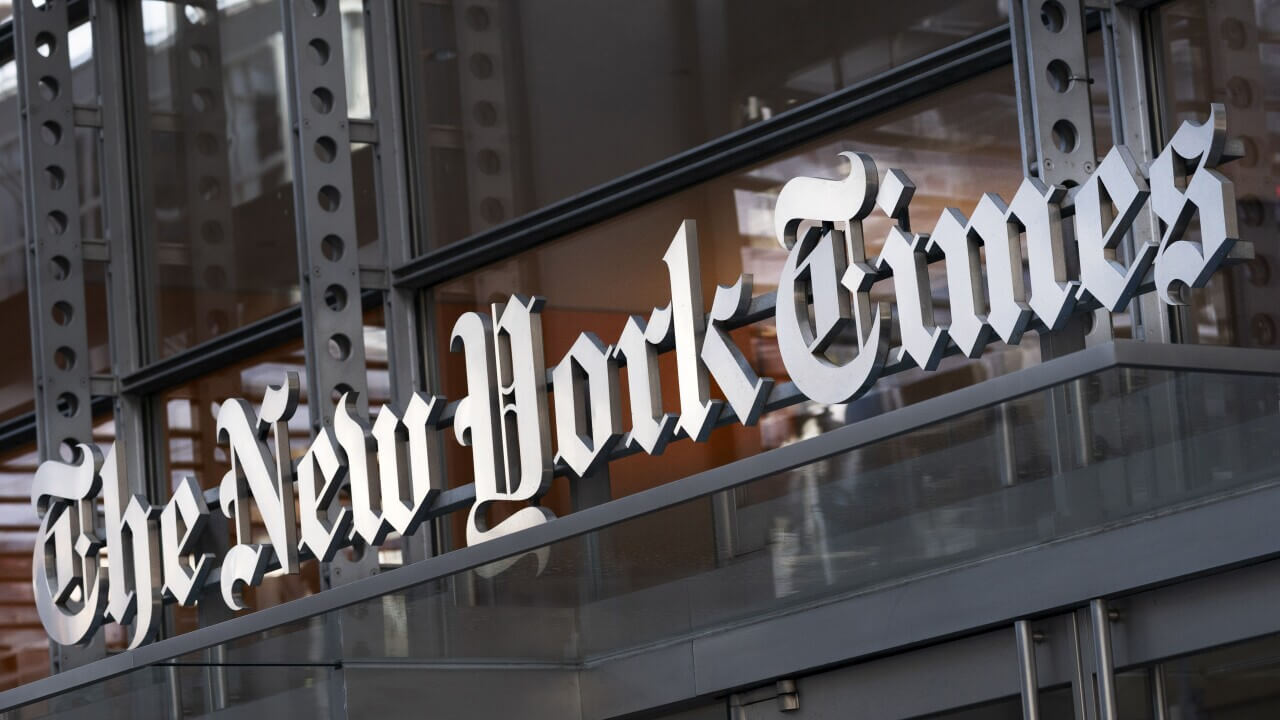In a legal move, The New York Times (NYT.N) filed a lawsuit against OpenAI and Microsoft (MSFT.O) on allegations of utilizing millions of NYT articles without authorization to train chatbots, enabling these AI systems to disseminate information to readers.
This lawsuit marks the NYT as the first major media entity in the US to take legal action against OpenAI, known for the ChatGPT platform, and Microsoft, a major investor in OpenAI and the creator of the AI platform, now called Copilot, citing copyright concerns linked to NYT’s intellectual property.
Several writers and individuals have also initiated lawsuits to curb the automated gathering of their online content by AI services without appropriate compensation.
The NYT’s complaint, lodged in a Manhattan federal court, accuses OpenAI and Microsoft of leveraging the NYT’s substantial journalistic investments to create alternatives for delivering information to readers, allegedly eroding the NYT’s audience and value.
The newspaper argues that the unlicensed use of its content by these companies doesn’t align with the concept of “transformative” use, claiming it serves as a substitute for the NYT, rather than contributing something innovative.
While OpenAI and Microsoft assert that utilizing copyrighted material for training AI products falls within the boundaries of “fair use,” the NYT seeks unspecified damages, estimated to potentially reach billions, and demands the destruction of chatbot models incorporating its content.
Efforts to reach a resolution before resorting to legal action failed, according to the 172-year-old newspaper, which emphasized its respect for content creators’ rights.
OpenAI, in response, expressed surprise and disappointment over the lawsuit, highlighting ongoing constructive discussions with the NYT. Microsoft did not provide any comment on the matter.
The legal clash is part of a broader trend where AI companies scrape online information to train chatbots, attracting substantial investments. OpenAI’s valuation has soared to over $80 billion, fueled by investments, despite being a nonprofit, while Microsoft holds a significant stake in its for-profit subsidiary.
Apart from the NYT, novelists like David Baldacci, Jonathan Franzen, John Grisham, and Scott Turow have also taken legal action against OpenAI and Microsoft, alleging potential appropriation of tens of thousands of their books by AI systems.
The lawsuit underscores the struggle faced by major media outlets in retaining and attracting readers amidst evolving technological advancements. The NYT, despite challenges, experienced growth in digital-only subscribers, although print subscribers saw a decline.
The NYT lawsuit points out instances where OpenAI and Microsoft chatbots allegedly reproduced substantial excerpts from NYT articles, raising concerns about misinformation and potentially impacting the newspaper’s revenue streams.
The NYT sees the use of its content to power AI tools as potentially damaging to journalism, blurring lines between fact and fiction, and reducing the incentive for readers to visit its platform, impacting both advertising and subscription revenues.





